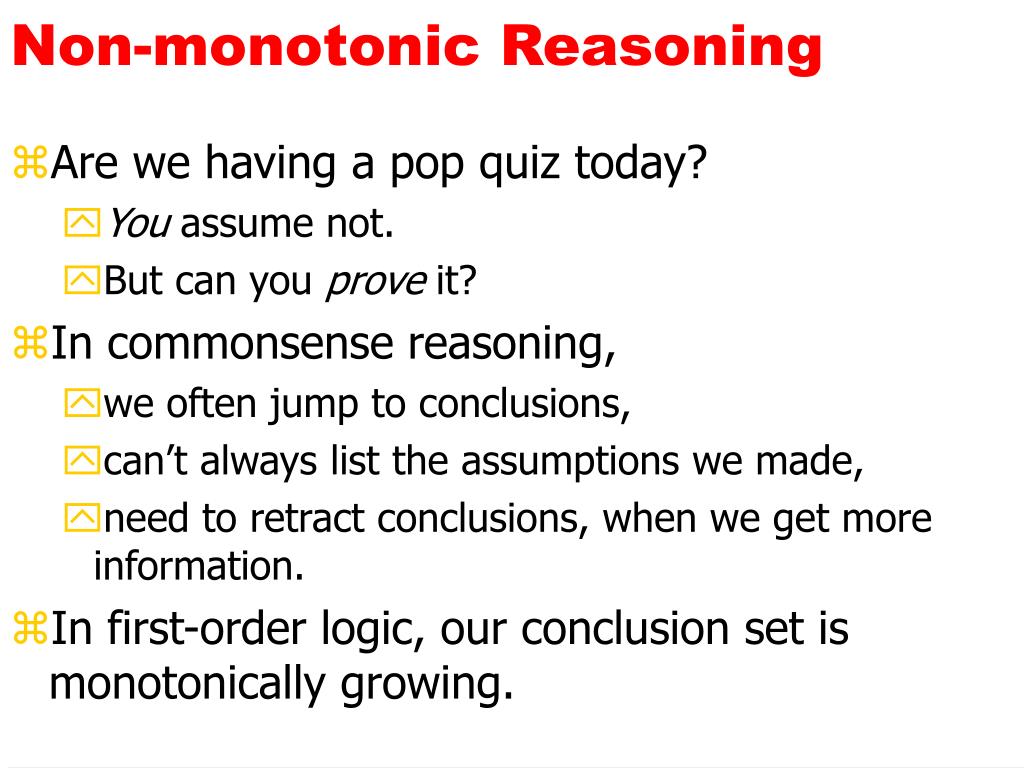If you like reading about philosophy, here’s a free, weekly newsletter with articles just like this one: Send it to me!
Life satisfaction and utility
We talked previously about some approaches one could use to create a happiness survey, and which kinds of questions would be useful for that. Now we will have a look at how researchers try to actually measure happiness.
If you wanted to determine an individual’s happiness in a particular time period, it would first be useful to clarify what kind of happiness you’d like to measure. So it would be useful, for example, to clarify that we’re not measuring long-term satisfaction with one’s life as a whole, but the moment-to-moment changes in happiness throughout a day; or that we want to know the effects on daily happiness of a morning commute, of a good lunch, or of a night out. These are all short-term kinds of happiness that can be attributed directly to a particular situation or stimulus. There are more what we would perhaps all “pleasure” rather than “long-term happiness” or “life satisfaction.” Economists often use the word “utility” to describe this kind of subjective experience: a short-term change in happiness that is attributable to a particular situation or event in one’s life. Therefore, one can talk of the utility of a particular event, for example the utility of a night at a pub, the utility of having breakfast with one’s family, but perhaps also of the utility of reading an educational book. In this last case the happiness change is not short-term, but it is directly attributable to a particular cause, and thus it can still be treated as a kind of utility: the utility resulting from reading that book.
The whole point of using utility as a concept is to make changes in happiness (1) measurable; and (2) attributable to particular causes; and thus, accessible to scientific examination. If we extended “utility” to encompass all sorts of diffuse long-term psychological effects, although the new concept might reflect some other valuable aspects of “happiness,” it would not be as easy to isolate changes in happiness and to attribute them to particular causes; and thus, the concept would be less useful in a scientific way.
Subjective and objective utility
Another interesting distinction would be whether we want to measure utility subjectively or objectively. Imagine someone who is a prominent political prisoner because he opposes an oppressive and unjust government in his country. The political prisoner is objectively in a bad situation: being …
Read the full article which is published on Daily Philosophy (external link)









